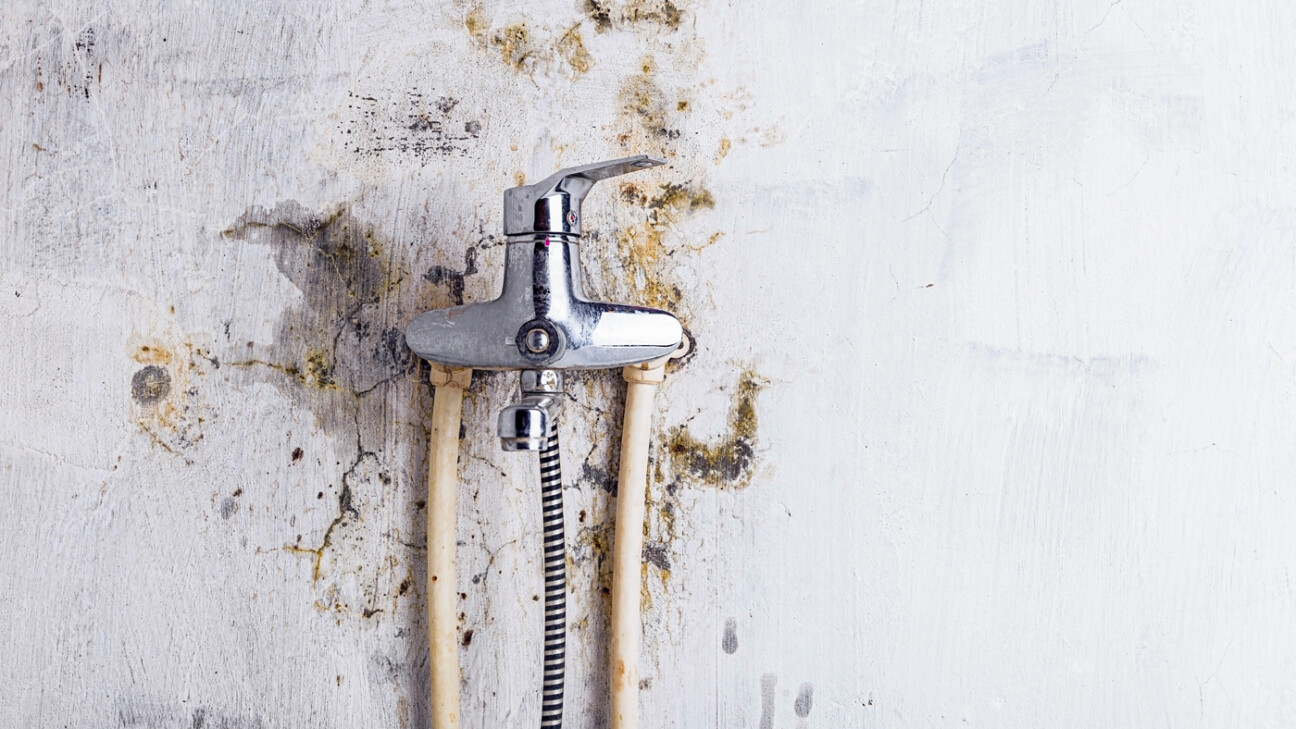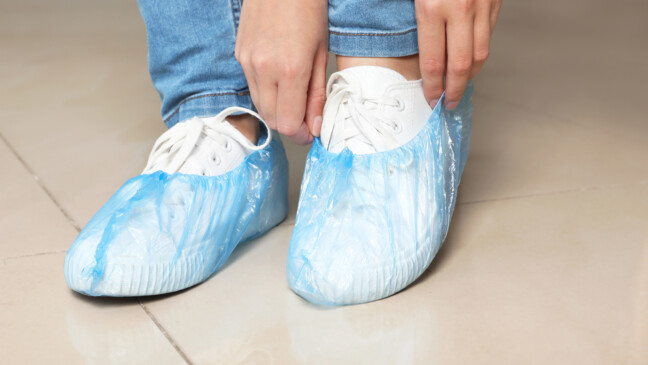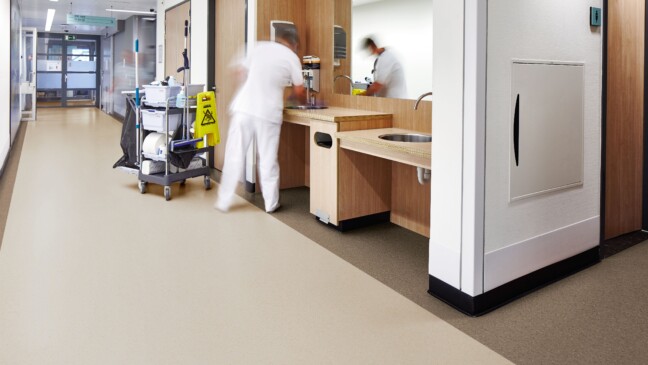
05.03.24
Mold: how to deal with the troublemaker?
Mold, an omnipresent and often underestimated enemy, can not only endanger the health of guests and employees, but also cause considerable financial and reputational damage. How does mold develop, under what conditions does it thrive and how can we effectively prevent its spread? This article sheds light on the hidden world of mold, explains its growth conditions and offers advice on practical solutions to ensure a clean and safe environment in the catering and hotel industry.

What is mold and what conditions does it need to reproduce?
Mold, a form of fungus, consists of tiny, airborne spores that can be found almost everywhere in our environment. These spores can settle on surfaces and grow into visible colonies under suitable conditions. Mold plays a crucial role in the ecosystem by decomposing dead organic material, but can cause serious problems indoors.
Humidity is the main factor for the growth of mold. Places with high humidity, condensation, water damage or standing water are particularly susceptible. Mold also thrives in warm environments and requires organic matter as food as well as oxygen, which means it can grow in almost any non-sterile environment.
To prevent and control mold infestation, it is essential to regulate indoor humidity. This can be achieved through adequate ventilation, the use of dehumidifiers and the rapid repair of water damage. Maintaining a moderate room temperature and minimizing organic materials that could serve as food for mould also contribute to prevention. Improved insulation of buildings can also prevent condensation problems.
Where does mold occur in buildings and what damage does it cause?
Mold can occur in almost any area of a building, especially where humidity is high. Typical places are bathrooms, kitchens, basements, behind wall coverings, under carpets and in ceiling coverings.
Although mold is a natural part of the ecosystem, its growth indoors is undesirable as it can damage the building fabric and cause health problems such as allergic reactions, asthma attacks, eye irritation, skin rashes and other respiratory problems. Long-term exposure can lead to more serious illnesses.
Effective control of environmental conditions, especially humidity, can minimize the risk of mould infestation and thus promote a healthy living and working environment.
Challenges in the hotel and catering sector
In the catering and hotel industry, cold rooms, kitchen fridges, refrigerated drinks counters and minibar fridges are indispensable for storing drinks and food. However, improper maintenance or inadequate cleaning can lead to mold growth. This poses a significant risk to food safety and can lead to spoilage, which can result not only in financial losses but also reputational damage. Regular cleaning, correct maintenance and any necessary disinfection ensure perfect hygiene.
Mold in ventilation systems can significantly affect the air quality in a building. In the catering industry, where odors and vapors must be regularly extracted, an efficient and clean ventilation system is crucial. Failure to change the filter mats, maintain and clean the ventilation ducts regularly can lead to the spread of mold and cause health problems for guests and staff.
Wellness and spa areas, showers and bathrooms are particularly susceptible to mold growth due to the high humidity and heat. Guests who do not ventilate properly or take very long showers also contribute to the accumulation of moisture. In hotels and spas, where the comfort and well-being of guests is paramount, mold can not only pose a health risk but also lead to dissatisfaction. In wellness areas, silicone joints in particular are often infested with mold. Regular disinfection of the joints can significantly extend the time before they need to be replaced. Particular attention should be paid to the corners and edges.
Sensitivity to hygiene
Insufficient attention to hygiene in hotels and restaurants can exacerbate the mold problem. Lack of attention to proper ventilation, regular and thorough cleaning, both in guest rooms and public areas, creates a favorable environment for mold growth. A willingness to invest, staff training and strict hygiene management are therefore essential to effectively prevent mold growth.
Summary
Mold in the food service industry is a serious problem that can not only cause financial and structural damage, but can also affect the health of guests and staff. To combat mold effectively, it is important to understand and eliminate the causes of moisture build-up. Regular maintenance, thorough cleaning and a high level of hygiene awareness are crucial measures to keep this unwanted troublemaker at bay.

